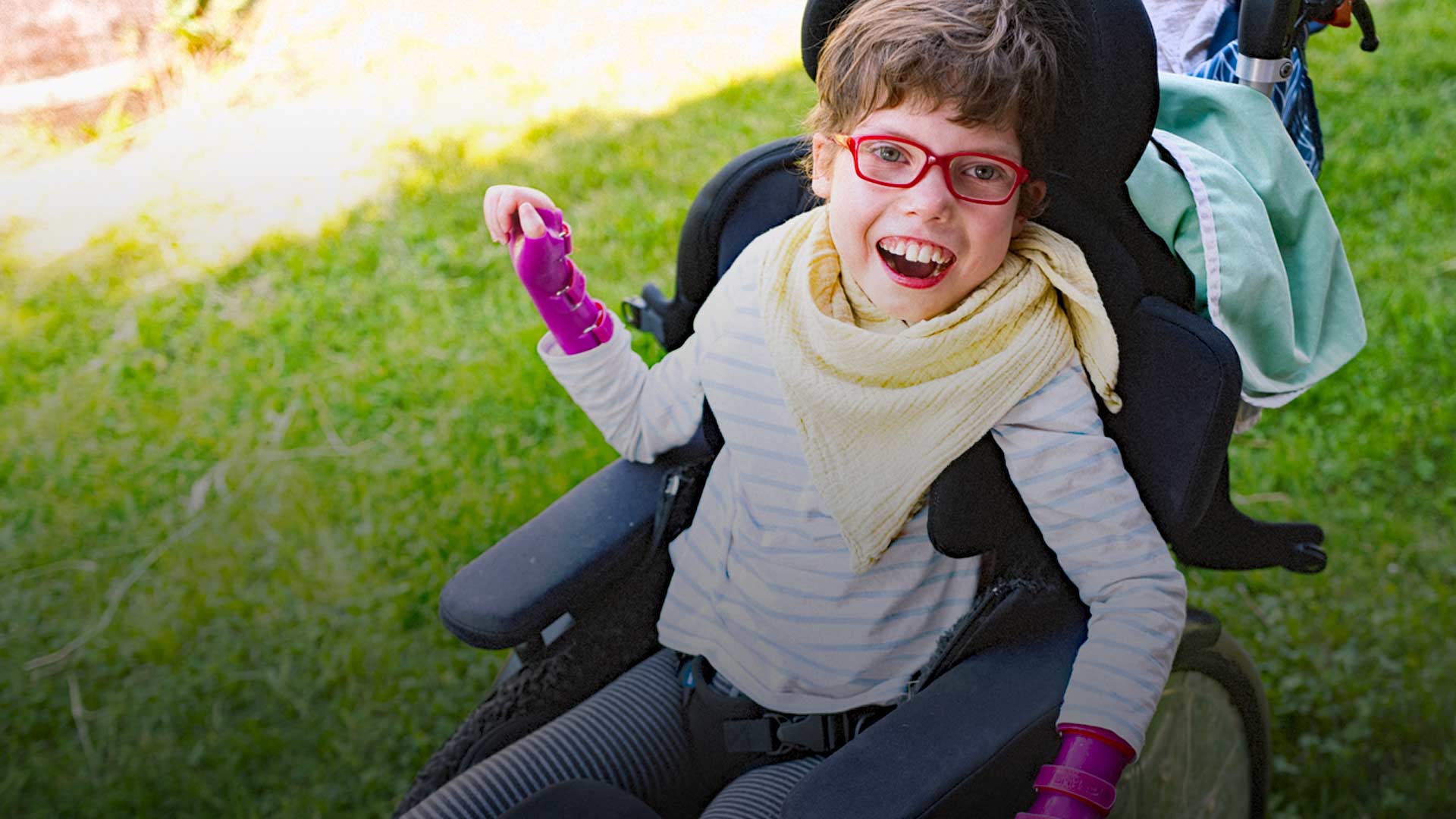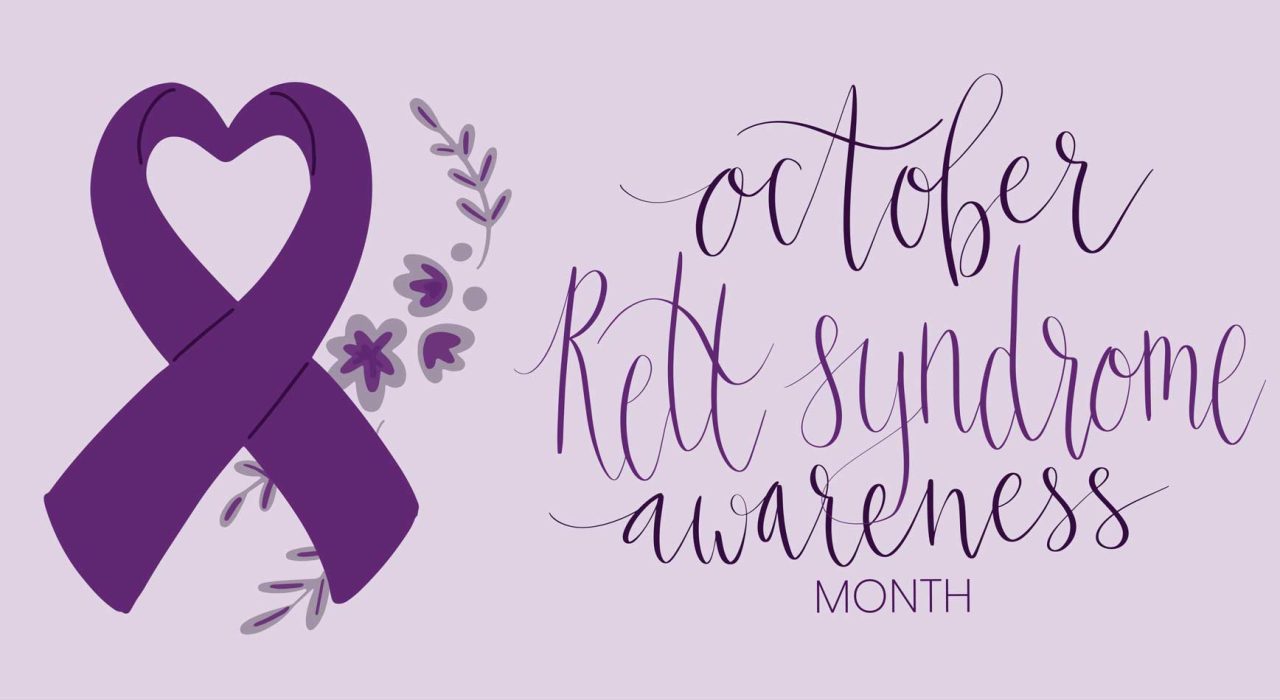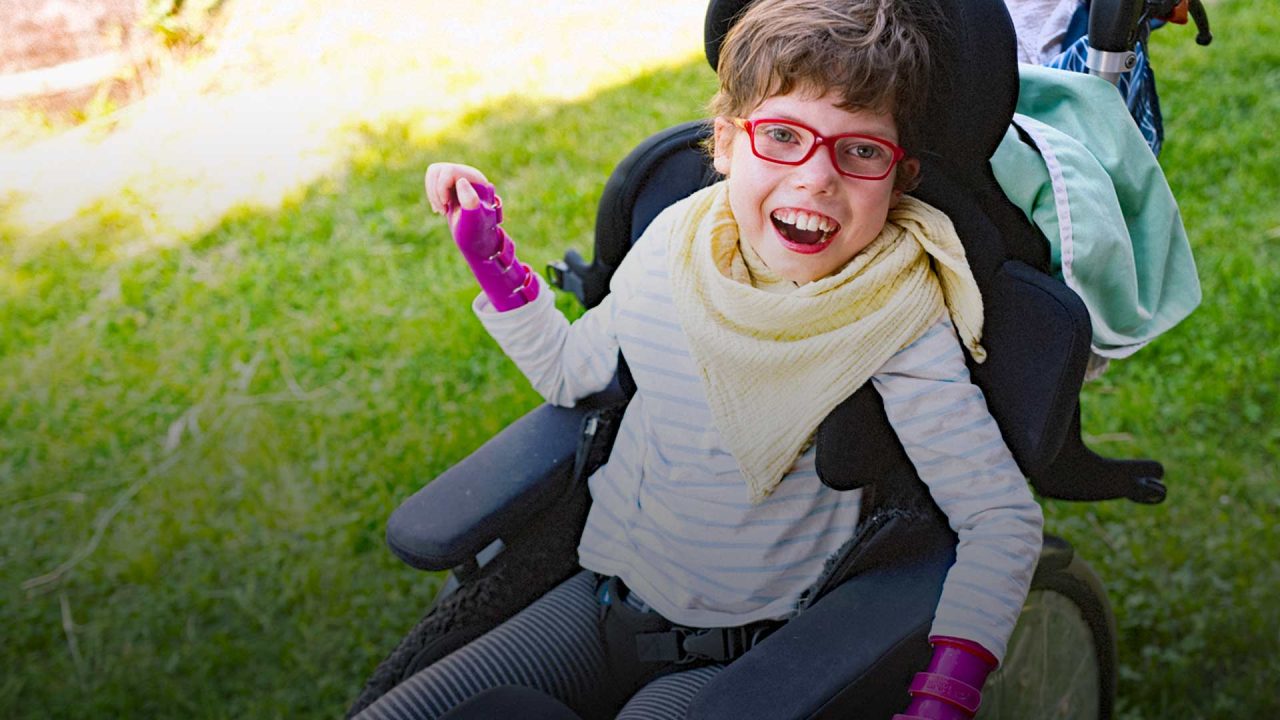
As the grandmother of a grandchild with Rett Syndrome, I keep an eye on any new developments. To mark Rett Syndrome Awareness month, I want to offer some information for caregivers.

This condition is a rare genetic neurological and developmental disorder that affects the way the brain develops. This disorder causes a progressive loss of motor skills and language. Rett Syndrome primarily affects females.
According to the Mayo Clinic, most babies with Rett Syndrome seem to develop as expected for the first six months of life. These babies then lose skills they previously had — such as the ability to crawl, walk, communicate or use their hands.
Over time, children with Rett Syndrome have increasing problems with the use of muscles that control movement, coordination and communication. Rett Syndrome can also cause seizures and intellectual disabilities. Unusual hand movements, such as repetitive rubbing or clapping, replace purposeful hand use.
Although there’s no cure for Rett Syndrome, potential treatments are being studied. Current treatment focuses on improving movement and communication, treating seizures, and providing care and support for children and adults with Rett Syndrome and their families.
There is currently a medication that helps “some” people with RS called Daybue or Trofinetide.
Here is the information provided by the pharmaceutical company Acadia that is manufacturing this treatment:
Trofinetide works by reducing inflammation in the brain, stopping certain types of cells from becoming overactive, and increasing the amount of the naturally occurring protein called IGF-1. I can say that for some families, this has been a miracle drug.
There are also new gene therapies that are being tested. Taysha Gene Therapies TSHA102 and Neurogene Therapy NGB-401 are being tested in Canada and the U.S. They are not using cells from aborted babies in these therapies, as far as I know.
ALASKA WATCHMAN DIRECT TO YOUR INBOX
Another exciting development is the wonderful education that children and adults are getting through Rett University. They offer individual teleconference classes and have videos (some of which are pre-paid by Acadia Pharmacy). These videos demonstrate that those with Rett Syndrome have potential to do great at reading and writing. This, in turn, opens a whole world for them to communicate, just as we do.
Anyone who has a non-verbal loved one understands how hard it is to know what they’re feeling or what’s on their mind. Are they hungry, hurting or happy. Do they just want to share some joy?
With their special computer programs geared towards learning to read and write, the communication barrier is torn down. I cannot express the deep emotions this stirs, just to watch a non-verbal child say what they are thinking for the first time!
For years and years, there’s been no treatments for Rett Syndrome except just to manage the symptoms. Now, we live in an exciting time, with more potential breakthroughs very close.
The cool thing about awareness is that more people can learn and get involved, and when more people are involved, more research and treatments can be possible.
LEARN MORE
— For information about reading and writing for Rett Syndrome, visit Rett University – E-Learning Platform for Rett Syndrome.
— For additional resources and to get support go to International Rett Syndrome Foundation.
— To read about treatments and hopeful cures for Rett Syndrome visit Rett Syndrome Research Trust: reverserett.org
The views expressed here are those of the author.







3 Comments
Well,it sounds like at lease some progress is being made. This like a lot of other syndromes is terrible if your have it. I’m so happy at least some progress is being made. Prayers for all involved with someone with this condition.
PLEASE DONT VACCINATE…
Wonderful news, any help that Rett’s girls improve.